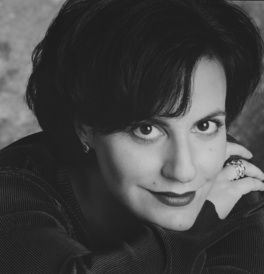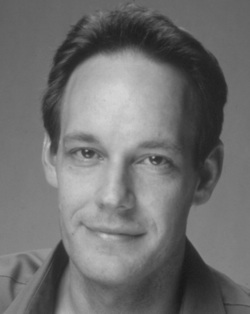Oakland Symphony Season Finale
Michael Morgan and the Oakland East Bay Symphony closed their season May 14 on an uplifting note. Beethoven’s Ninth Symphony, with its “Ode to Joy,” filled Oakland’s Paramount Theater with a paean to brotherhood.
Morgan enriched that theme by opening with a song cycle by Jake Heggie based on text by Sister Helen Prejean, The Deepest Desire: Four Meditations on Love. Heggie is best known for his opera, Dead Man Walking, based on Prejean’s best selling book. After her friendship with a death penalty prisoner, she became a powerful voice against the death penalty and is currently leading a world condemnation of Louisiana—and America’s—backward stance.
While extolling love and brotherhood, our funding priorities paint a grimmer picture: punishment before prevention, prison before education. And so it was in Beethoven’s day, but without our hypocrisy. Then, the death penalty was simply to remind the peasants of the absolute power of their royalty.
 Prejean goes beyond the violence, and even beyond the outrage, to strip down to her deepest desires: a compelling desire for justice and the pure love of God. Heggie begins with a flute prelude, meditative and faun-like, performed by Rena Urso-Trapani, who brought the improvisatory quality of Varèse’s Density 21.5. Strings finished the last phrase with a flutter, and mezzo Layna Chianakas entered with “More is required,” the first of four songs.
Prejean goes beyond the violence, and even beyond the outrage, to strip down to her deepest desires: a compelling desire for justice and the pure love of God. Heggie begins with a flute prelude, meditative and faun-like, performed by Rena Urso-Trapani, who brought the improvisatory quality of Varèse’s Density 21.5. Strings finished the last phrase with a flutter, and mezzo Layna Chianakas entered with “More is required,” the first of four songs.
Her voice, light but concentrated, penetrated to the rear of the Paramount, and her diction was elegant. In “I catch on fire” her warmth was duplicated by intimate violin passages, nimble phrases like small licking flames. And in “I live my life in primary colors” a flute sang whippoorwill calls across the mezzo’s slow lyricism.
After intermission came the Beethoven and it was glorious. Morgan often turns to the audience beforehand with a quip or comment. But Friday he was deeply serious, conducting with incisive and careful gestures. The rounded sweep of his Romantic favorites was replaced by the exactitude he reserves for the most difficult modern works. He was rewarded with crafted phrases and spot-on players.
Tremolo tensions and the “tuning” sounds of descending fourths built to a powerful resolve, and Beethoven nobly stated his case. Variations followed, a symphony within the symphony. Then the famous second movement, with its edged delicacy, slow-built tensions and rumbling timpani exclamations. The Adagio had deep currents, cold swells and breakers of chords. Rising motifs turned hopeful, but they were twilit hopes.
And then the terrifying opening of the fourth movement. Beethoven created a full sonata form within that single movement. The storms relented, and basses began the “Ode to Joy” motif, quiet and somber. Bass singer Bojan Knezevic entered without benefit of score, stern and slowly transforming to the unlooked-for joy of the finale. I recently heard Knezevic as the protagonist who goes mad in Alban Berg’s Wozzeck, a brilliant and troubling Ensemble Parallèle production.
Tenor Thomas Glenn, a regular with the SF Opera and Berkeley Symphony, urged haste to joy. His voice, so different from Knezevic’s, blended as rosin and rust, with mezzo and soprano overlaying their strands. Chianakas returned as the mezzo, but changed from a tasty peach gown into more sober black. Kristin Clayton sang the soprano solo, projecting above the other three—and over strings and chorus—with exhilarating high notes. The world of these top vocalists is a small one, and Clayton sang a Jake Heggie premiere, accompanied by the composer, in recital at Hertz Hall two years ago.
And then piccolo and cymbals and the full chorus. Powerful contrasts and every design Beethoven could muster propelled the finale.
As the audience stood to cheer I thought of the long-ago premiere. Beethoven, seated facing the musicians, set the tempos as Michael Umlauf conducted. But the composer was fully deaf at this point, and several bars behind as his audience erupted in shouts. When he was turned to face their accolades he was so obviously surprised, and so moved, that the audience redoubled their cheers. Returning to realpolitik, when the Prince occasionally appeared at the theater he was greeted with three ovations. Police dispersed Beethoven’s audience after five curtain calls so as not to upstage a royal temper.
—Adam Broner
Photo, top: mezzo soprano Layna Chianakas. Photo bottom: composer Jake Heggie
